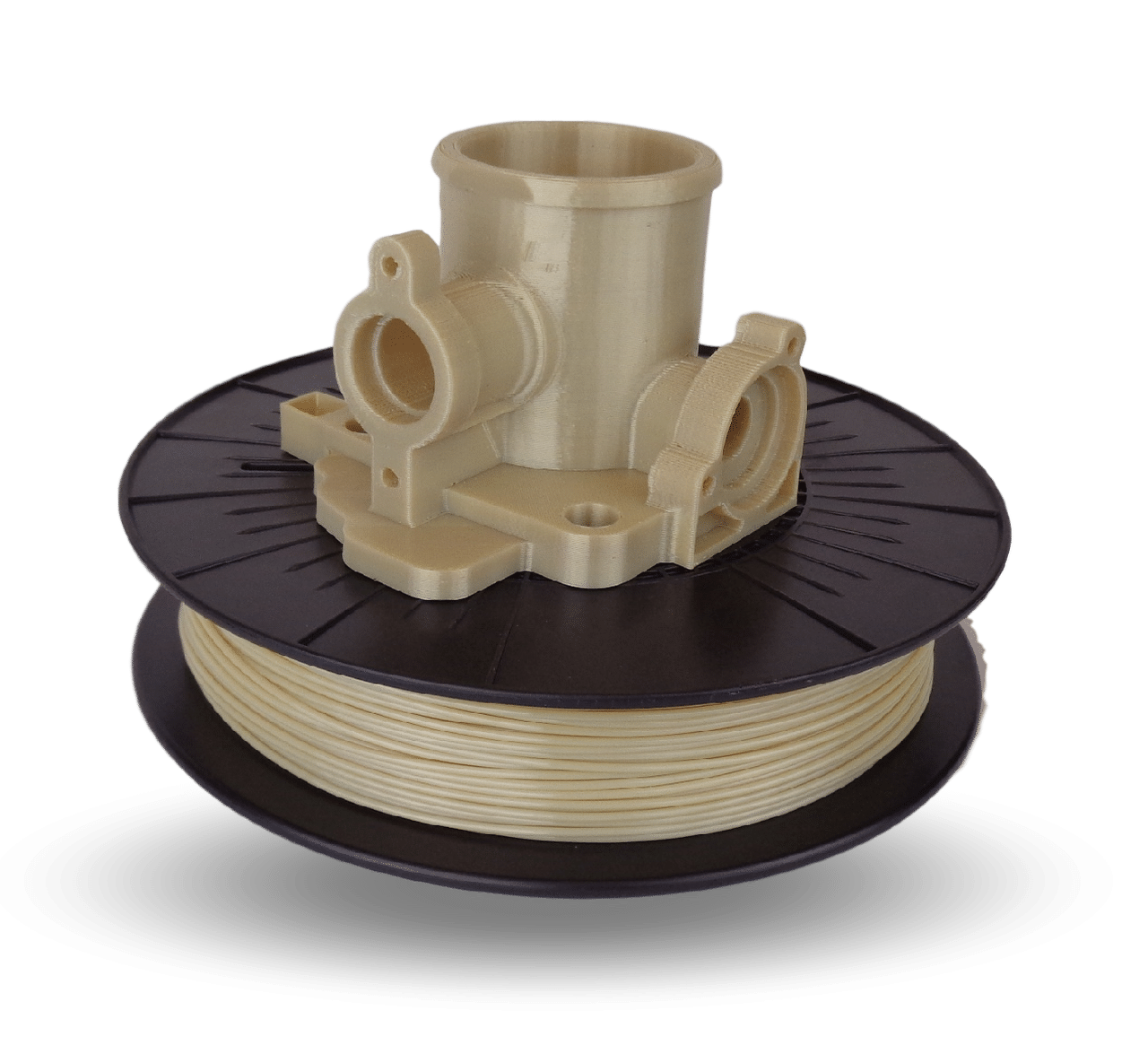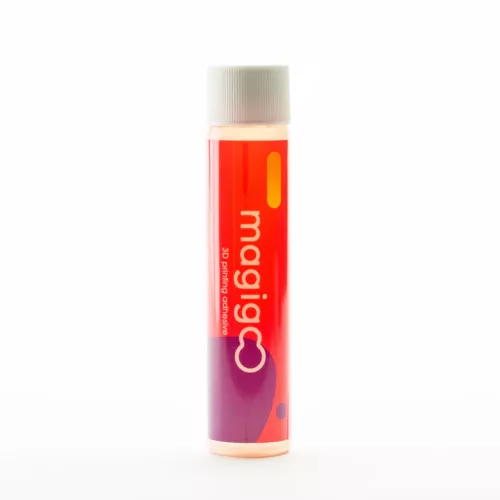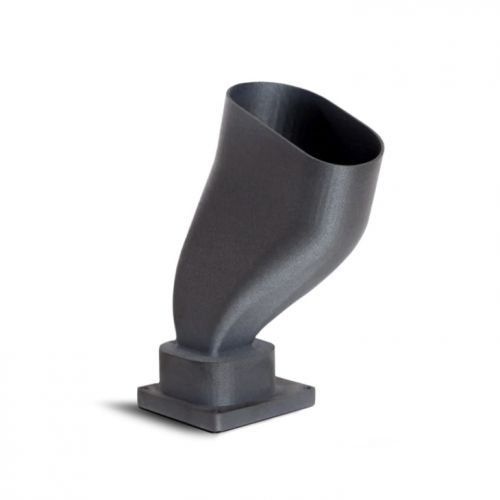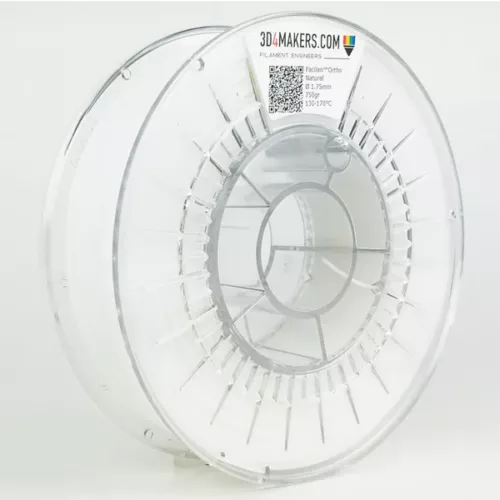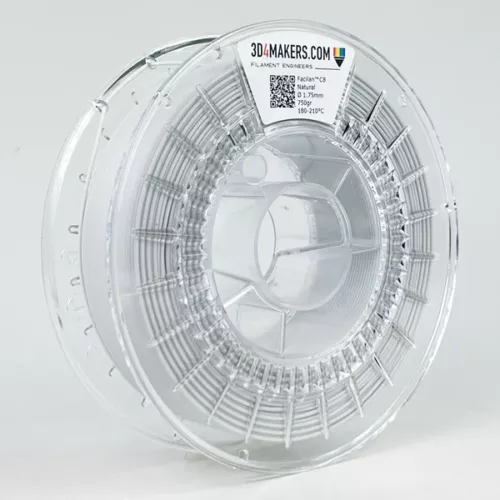Typical Application Spaces for ULTEM™ PEI:
Aerospace: The excellent balance of flame retardancy, low smoke emission, and low smoke toxicity of ULTEM™ 9085 makes it an excellent candidate for aerospace and aircraft applications. ULTEM™ 9085 meets FAR 25.853 and OSU 65/65 with low toxicity, smoke and flame evolution. Ultem™ resins are found in applications, such as personal service units, oxygen panels and components, ventilation system components, connectors, cable ducts, latches, hinges, food tray containers, door handles, and interior cladding parts.
Automotive / Transportation: Ultem™ resins provide automotive manufacturers with a high performance, chemically resistant, thermally-stable, cost-effective alternative to metal that is strong enough to replace steel in some applications and light enough to replace aluminum in others. For applications like transmission components, throttle bodies, ignition components, sensors and thermostat housings,
Electrical / Electronics: ULTEM™ resin may be an excellent material choice for today’s demanding electrical applications, including connectors, MCB components like housings, shafts and levers, hard disk drive internals, FOUP’s, BiTS, PCB’s, MCCB internals, Plenum devices, LCD projector internals, fuel cell components and many other applications.
Filament Specifications:
- Diameter: 1.75mm (+/- 0.05mm)
- Colors: Natural (Light Tan) and Black
| Description |
Value |
Test method |
| Density |
1,34 g/cm3 |
ASTM D 792 |
| Tensile Modulus, 5mm/min |
3440 MPa |
ASTM D 638 |
| Tensile Stress, yld, 5mm/min |
84 MPa |
ASTM D 638 |
| Impact strength Notched Izod |
115 J/m |
ASTM D 256 |
Printer settings
| Description |
Value |
| Printer nozzle temperature |
350 – 380°C |
| Heated bed temperature |
120 – 160°C |
| Adhesion |
Magigoo HT on glass or a PEI Sheet |
| Drying recommendations |
120°C, minimal 4 hours |
Annealing Printed Parts: If needed, parts printed using ULTEM™ may be annealed in a hot-air oven to reduce any printed-in stresses that may be present in the part. Printed-in stresses may occur in any plastic and may result in lower than expected mechanical properties. If this is an issue with your part, then you can follow the simple 5-step ramp up/down process for annealing the ULTEM™ parts.
Step 1: Place printed parts in cool, room-temp oven.
Step 2. Set temp to 250°F and allow to stabilize for 1 hour.
Step 3: After 1 hour at 250°F, increase oven temp to 300°F and allow to stabilize 1 additional hour.
Step 4: After 1 hour at 300°F, reduce heat back to 200°F and allow to stabilize for 30 minutes.
Step 5: After 30 minutes, turn off oven heat and allow printed parts to return to room temp inside the oven as it cools.
ULTEM™ is a registered trademark of Sabic Innovative Plastics.

